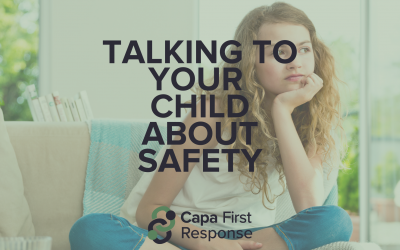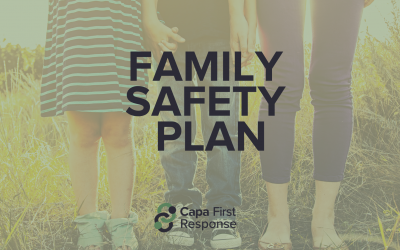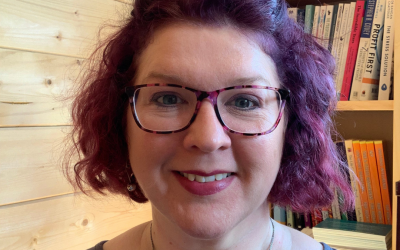Episode 3: Validation
The third episode in Season 2 of The Capa Podcast: “Validation” is now available to listen and watch. In this episode, Matt explains the importance of validating your child’s feelings, but without affirming or approving the behaviours and actions.
This conversation is designed first and foremost for families, giving you tools to feel more prepared and supported. However, professionals working with families will also find valuable insight that can strengthen their practice and provide a resource to recommend to those they support.
This season of The Capa Podcast is funded by East Sussex County Council, allowing us to make these resources freely available to families. You can both listen and watch these episodes.
If you missed Episode 2, “Safety Planning and calling the police”, we recommend listening back to that episode for helpful background. Each week we will continue to share strategies, stories and reflections to help families face the challenges of CAPA with greater confidence and hope.


